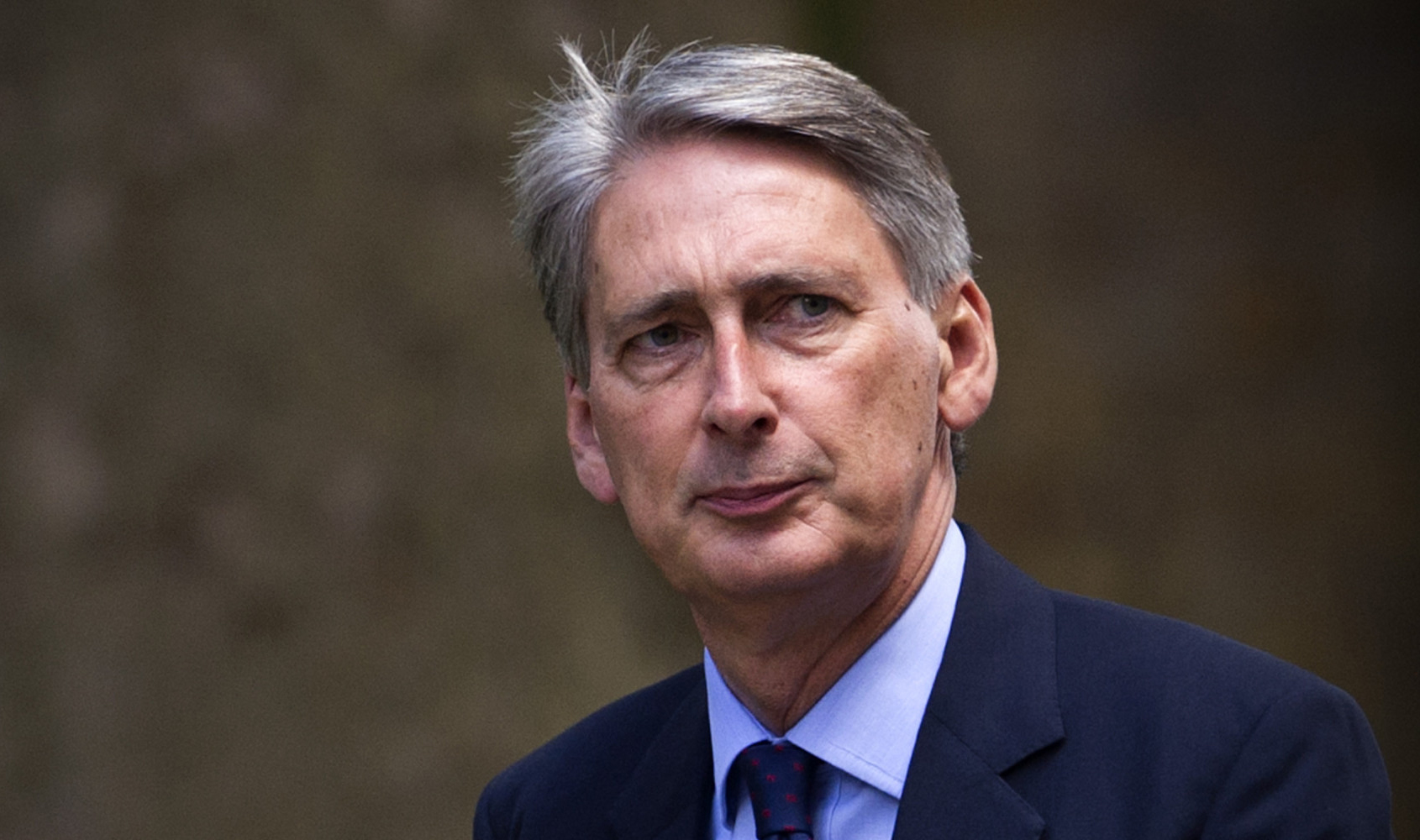The Chancellor of the Exchequer, Phillip Hammond made a dramatic U-turn on the National Insurance hike that he had announced in his first and last Spring Budget to Parliament on 8 March. He had planned to increase National Insurance Contributions (NIC) for the self-employed, on profits between £8,060 and £43,000 (affecting about 2 million people), to 10% in April 2018 and to 11% in April 2019. There followed an absolute furore from the circa 2 million people affected, including many of UK’s NRI population. Hammond was accused of breaching the election promise of 2015 not to raise income tax. One week later, a humiliated Hammond published a letter in the Sun newspaper, saying he had climbed down and withdrawn the increased NIC “…after listening to the views of readers, MP colleagues and others, I announced that we will not go ahead with the changes to self-employed National Insurance…By making these changes, I hope we have shown we are listening to people and demonstrating our determination to keep to both the letter and the spirit of our commitments.” Will his ability to acknowledge he was wrong be enough for him to remain as Chancellor for the full term in the eventuality of a premature election?
The Electoral Commission is the independent body which oversees elections and regulates political finance in the UK. The Conservative Party has been fined £70,000 after an investigation into the party
Hot on the heels of the Penelope and Francois Fillon scandal that has seen the French Presidential hopeful plummet in the polls, nepotism is to be banned in UK Parliament. In a new order from the Independent Standards Parliamentary Authority (IPSA) following the next election (2020?) MPs will be banned from employing their wives and relatives paid for by the public purse. At the moment, 84 Conservatives, 50 Labour and 10 SNPs employ a relative. Roughly, 150 MPs’ family members cost about £4.5million a year. This cost will quite likely rise as many family members are undervalued and outsourced support will have to be competitive. MPs argue that only family members can cope with the long and unpredictable hours, necessary confidentially and trust.

